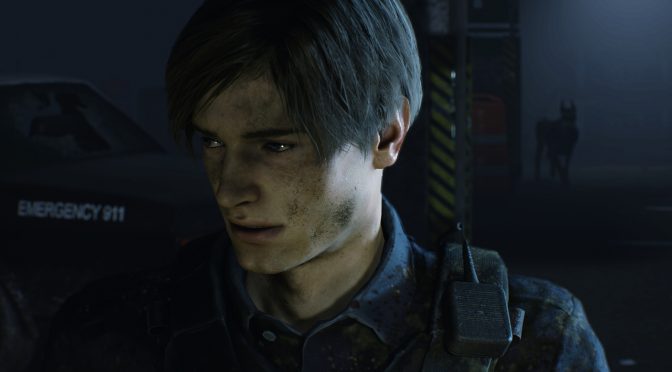The PC demo of Resident Evil 2 Remake has been released and we’ve decided to share our initial PC performance impressions of it. The game comes with one of the best graphical menus we’ve seen lately (we’ll talk about this in our upcoming PC Performance Analysis for the final game).
The demo supports both DX11 and DX12, however DX12 appears to be significantly slower than DX11. As such, we strongly suggest avoiding DirectX 12 for now (or at least Capcom improves it so it can run on par or better than DirectX 11).
With the exception of one hallway room, the PC demo of Resident Evil 2 Remake ran with more than 60fps on Max settings in 4K on our NVIDIA GeForce RTX2080Ti. The game also looks beautiful however the anti-aliasing solutions are not that great. The demo supports FXAA, SMAA, TAA and FXAA + TAA. Unfortunately, there is no sharpening slider when using TAA and the game looks blurry (as such Reshade will be a must for this game). On the other hand, those that decide to use SMAA will encounter many jaggies and high frequency artifacts.
In the following screenshots we used SMAA in order to get a crisper image, though you will immediately notice the numerous jaggies (we’ve also tried to avoid any spoilers). We’ll definitely experiment with Reshade when the game comes out and report on it.
Still, the good news is that the game looks great and appears to be running smoothly in 4K. We don’t know whether the final version will see any performance improvements and whether Capcom will implement any RTX effects.
Enjoy!

John is the founder and Editor in Chief at DSOGaming. He is a PC gaming fan and highly supports the modding and indie communities. Before creating DSOGaming, John worked on numerous gaming websites. While he is a die-hard PC gamer, his gaming roots can be found on consoles. John loved – and still does – the 16-bit consoles, and considers SNES to be one of the best consoles. Still, the PC platform won him over consoles. That was mainly due to 3DFX and its iconic dedicated 3D accelerator graphics card, Voodoo 2. John has also written a higher degree thesis on the “The Evolution of PC graphics cards.”
Contact: Email
















